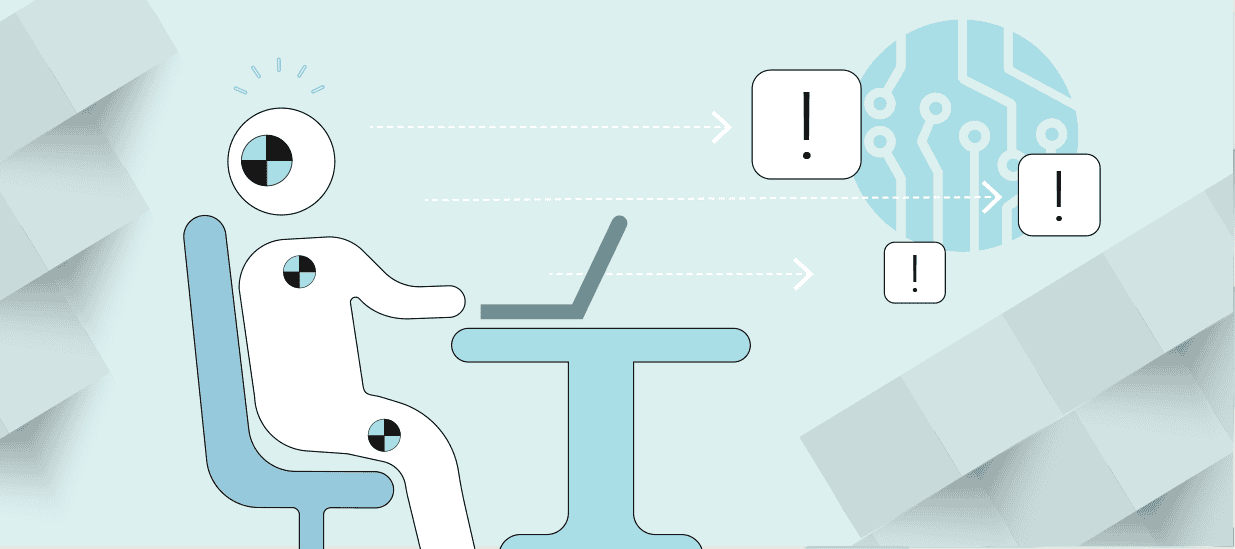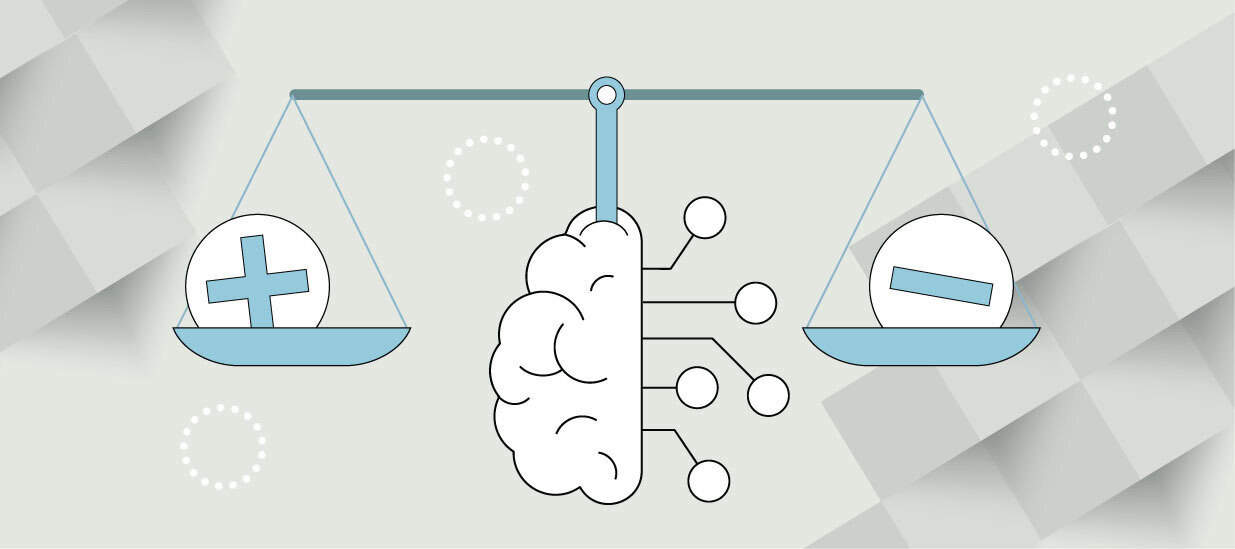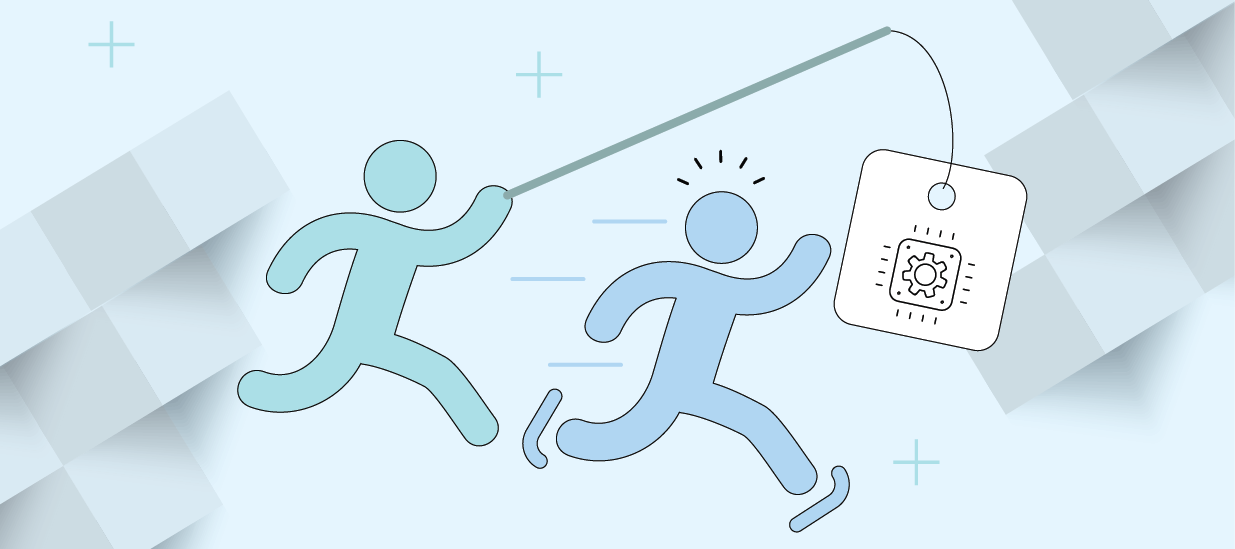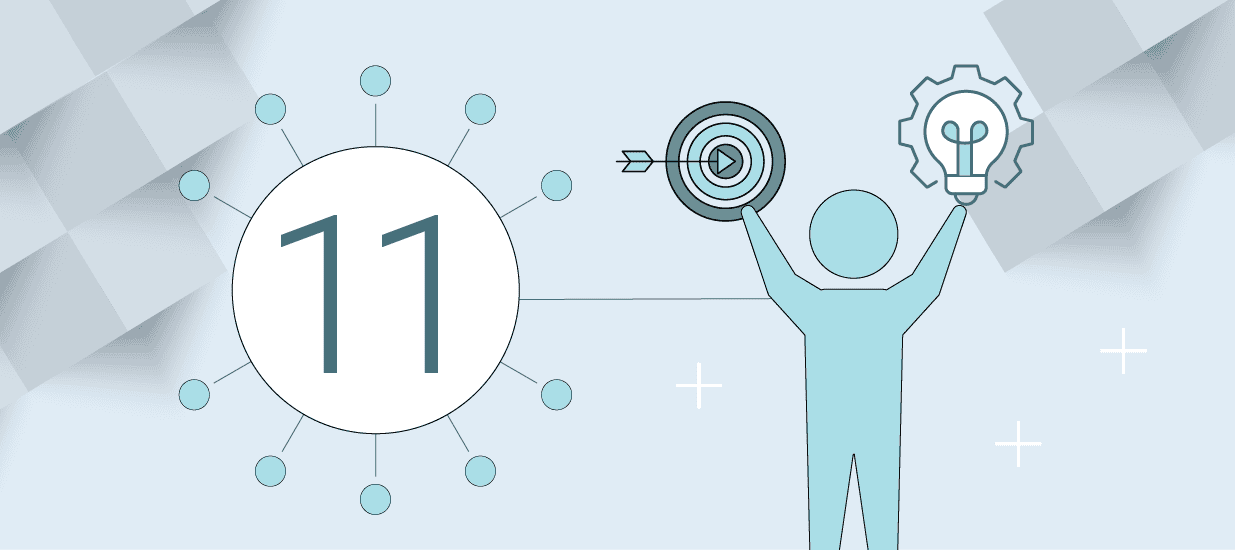5 minute read
Do customers agree with what your company considers distinctive competencies? You can utilize win/loss analysis to better understand your company’s distinctive competencies from the eyes of the market, allowing you to make better decisions.
Every company prides itself on qualities they believe set them apart from the competition, but identifying what truly makes you stand out requires more than just assumptions. By understanding why customers choose you—or why they don’t—you can uncover your company’s unique strengths and address potential gaps. To gain this information you need an effective tool for listening to customers, which is where the win/loss analysis comes into the picture.
When considering the importance of understanding distinctive competencies, there are two main ways a win/loss program can help:
1. Identifying new differentiators
2. Confirming hypothesized ones
A focused win/loss analysis can reveal the real reasons behind purchasing decisions, helping you refine your strategy and amplify your competitive edge.
What are Distinctive Competencies?
The idea of distinctive competencies was created by Philip Selznick, a Sociology professor at the University of California, Berkeley. He studied various organizations from 1949 to 1957, which is when he coined the term, and realized that each had strengths and weaknesses that made them unique. In 1971, Kenneth R. Andrews, an American academic known in the world of business strategy, expanded the definition to include functions that a company could perform well in comparison to the competition.
Today we consider distinctive competencies to be the unique characteristics a company has that set it apart from the competition. These are things a company does exceptionally well, that cannot be easily replicated by the competition and that help an organization be more competitive. This includes products, technologies, name recognition and general brand value along with many other attributes that help a company deliver value.
Identifying New Differentiators with Win/Loss Analysis
The best win/loss programs collect a mix of both qualitative and quantitative feedback. Asking questions that provide such feedback elicits valuable data about how unique a company’s positioning and offerings are in the marketplace.
Qualitative Feedback on Distinctive Competencies
Asking open-ended qualitative questions allows companies to understand their customers’ true opinions. Rather than biasing respondents by asking about a company’s postulated differentiators directly, you’ll gain immense value by leaving the questions more open-ended.
The Anova Consulting Group specializes in win/loss interviews. The following is an example of an open-ended question from their program:
“What, if anything, did our client do to differentiate itself from the competition during the sales process?”
By leaving this question open-ended, with no prompting and no biasing, the company can be confident that the responses are the prospects’ true top-of-mind opinions. This also allows the responses to essentially be infinite rather than forcing them into a pre-determined box of answers you and your colleagues come up with. And since there are endless possibilities for answers, it carries more weight when you start to see themes appear across multiple interviews.
Uncovering Distinctive Competencies through Win/Loss Analysis
Sometimes a company’s beliefs about their distinctive competencies are different than those of customers. Anova had a B2B enterprise technology client that found themselves in this situation after a win/loss program uncovered that a completely different set of distinctive competencies were resonating with clients.
Based on the win/loss research involving open-ended questions, two themes consistently emerged:
1. The company’s unique approach to document management
2. The company’s high-touch service model
Almost all prospects interviewed during the win/loss process mentioned at least one of these two items as a differentiator. The fact that these were responses to open-ended questions adds significant weight to the validity of the answers.
Knowing that these new and previously unidentified distinctive competencies resonated with the marketplace helped them understand what customers placed value on. It also helped them make important decisions on positioning that affected areas like marketing and sales.
Quantitative Feedback on Distinctive Competencies
In addition to asking open-ended questions about distinctive competencies, quantitative-type scoring questions can also help provide valuable feedback. It is common within win/loss programs to ask respondents to rate their satisfaction with specific attributes on a numerical scale. The best practice is to ask respondents to rate their satisfaction with a sales team’s effectiveness in highlighting what makes the company’s offerings uniquely valuable compared to competitors.
In the previous example of our B2B enterprise technology company, when asked to rate this attribute, nearly three-quarters of all prospects, including both wins and losses, were satisfied with the team’s ability to differentiate the company from the competition. This high satisfaction rate further convinced the company that the identified distinctive competencies truly did stand out to clients and prospective clients.
Confirming Hypotheses through Win/Loss Analysis
Open-ended questions that do not “lead the witness” are quite often the most effective way to determine if a distinctive competency is resonating with prospects. However, another way to test if a particular element is unique and memorable is to ask about it more directly.
Direct Questioning
In win/loss programs, many companies will ask prospects if they are aware of certain elements that are tied to the company’s business strategy. Doing this allows a company to measure whether their team is effectively discussing those strategies and how the market feels about them. Feedback from these more direct types of questions can also be instrumental.
When the answer to these questions is yes, the organization knows its resources are being used well and can now direct attention to other parts of its business. If most respondents answer no, however, the company must strategize whether it is worth it to continue investing in a message that is not resonating with its customers.
Another example of confirming whether a distinctive competency resonates with the market comes from an Anova client in institutional financial services. This company focused a large part of its business on partnering with organizations in the public sector and wanted to know if this work resonated positively with clients. Anova asked a question in its win/loss analysis that directly addressed this inquiry and discovered that nearly all interviewees saw this work with the public sector as a key strength and differentiator. The confidence of knowing their message resonated with the marketplace allowed the company to focus its attention on other areas of its business, as opposed to worrying if prospects were acknowledging their differentiators.
Conversely, this type of inquiry doesn’t always yield positive results. An insurance provider Anova partnered with wanted to know if its focus on a specific type of care separated it from its competitors. Using a similar approach, Anova asked direct questions to determine if the client’s focus was a differentiator or not. In this case, only 35% of respondents considered their focus on that type of care as something that differentiated them from the competition. Because the marketplace did not see this as a distinctive competency, the company had to adjust its messaging to align with areas customers were more interested in.
Key Takeaways
Whether helping to identify new differentiators or confirming if your company’s believed differentiators resonate with the market, win/loss programs are an effective tool for better understanding distinctive competencies. The true value of these studies is that they provide knowledge that can guide some of your most strategic decisions. They also shape the answers to a fundamental question every business face: How do customers view our business?
Ultimately, actions taken because of the feedback from a win/loss program will help you win more business, which makes them well worth the time, effort and energy.
Author
-

Will Young, with 5 years of experience, is a strategic analyst specializing in client-specific insights across diverse industries. Having contributed to firms like Bombora and Activate Consulting, he excels in analyzing quantitative and qualitative research data. For questions or inquiries, please contact [email protected].
View all posts








